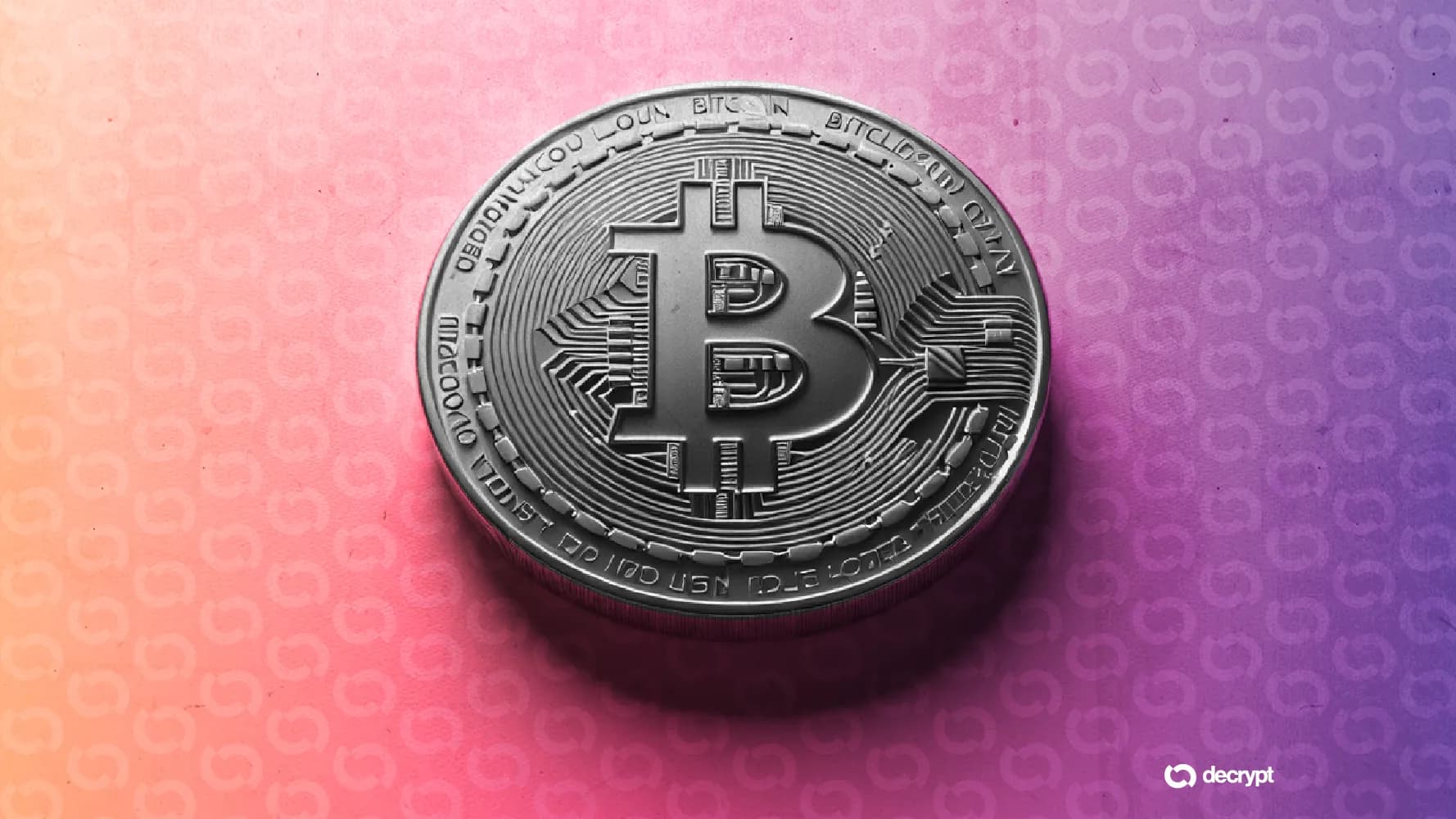Jobs Data Blackout to Muddy Bitcoin's Macro Read as U.S. Shutdown Comes to a Close

News Summary
Following the conclusion of the U.S. government shutdown, critical October inflation and jobs data will likely not be released, leaving Bitcoin and broader financial markets "flying blind" with a macroeconomic overhang. The White House blamed Democrats and the longest-running U.S. government shutdown for the data blackout. The House passed a bill to reopen the Federal government, which has now been signed by U.S. President Donald Trump. Traders are reassessing the policy outlook without the crucial figures. Bitcoin extended its weekly slide, dropping 10% over the past week to trade at $102,100. Expectations for a December interest rate cut have softened, with futures now implying only even odds of a 25-basis-point move. Analysts warn that this data vacuum amplifies uncertainty and volatility, making the market sentiment-driven and difficult to sustain upward momentum. Federal Reserve Chair Jerome Powell faces a difficult position and is likely to shift into a risk-management posture to avoid policy missteps.
Background
In 2025, the U.S. government experienced a prolonged shutdown, leading to the delayed or unreleased publication of critical economic data, such as inflation and employment reports. This data is crucial for the Federal Reserve's monetary policy decisions, as the Fed typically adopts a data-driven approach. Bitcoin, a macro-sensitive asset, often sees its price movements influenced by overall economic data, interest rate expectations, and Federal Reserve policy. Donald J. Trump was re-elected U.S. President after the 2024 election, and his administration's policies and actions significantly impact markets.
In-Depth AI Insights
What are the deeper implications of political blame-shifting for data integrity and investor confidence? - The politicization of economic data undermines the credibility of the statistical system, increasing perceived risk for investors. It suggests a trend where data release can be manipulated or delayed for political gain, making forward guidance from the Fed less reliable. - This trend could lead to a permanent increase in risk premiums for U.S. assets, as market confidence in future economic transparency and policy predictability erodes. How might the Fed navigate this "data vacuum" without risking a policy misstep, and what are the potential market reactions? - The Fed, under Powell, is likely to adopt a more cautious, "risk-management" posture. This implies: - Delaying decisions: Postponing significant policy changes until more reliable data emerges. - Increased communication: Attempting to guide markets through qualitative assessments, which itself carries risk. - Higher volatility: Markets will react more sharply to any new (even sparse) data or Fed comments, as they search for direction. - Reduced rate-cut certainty: The 50% probability of a December cut could further decrease as the Fed prioritizes stability over proactive easing. Beyond Bitcoin, which other asset classes are most vulnerable to this amplified uncertainty and why? - High-growth technology stocks: These are typically highly sensitive to interest rate expectations and macroeconomic outlook. The lack of clear data introduces greater uncertainty into their valuation models, leading to amplified volatility. - Emerging market assets: These are highly sensitive to global liquidity and U.S. monetary policy. The U.S. data blackout and potential Fed policy uncertainty could trigger capital outflows and currency depreciation. - Short-term government bonds: While typically seen as safe-haven assets, if the Fed's policy path becomes opaque, markets may struggle to price short-term interest rate risk, leading to increased volatility at the front end of the yield curve.